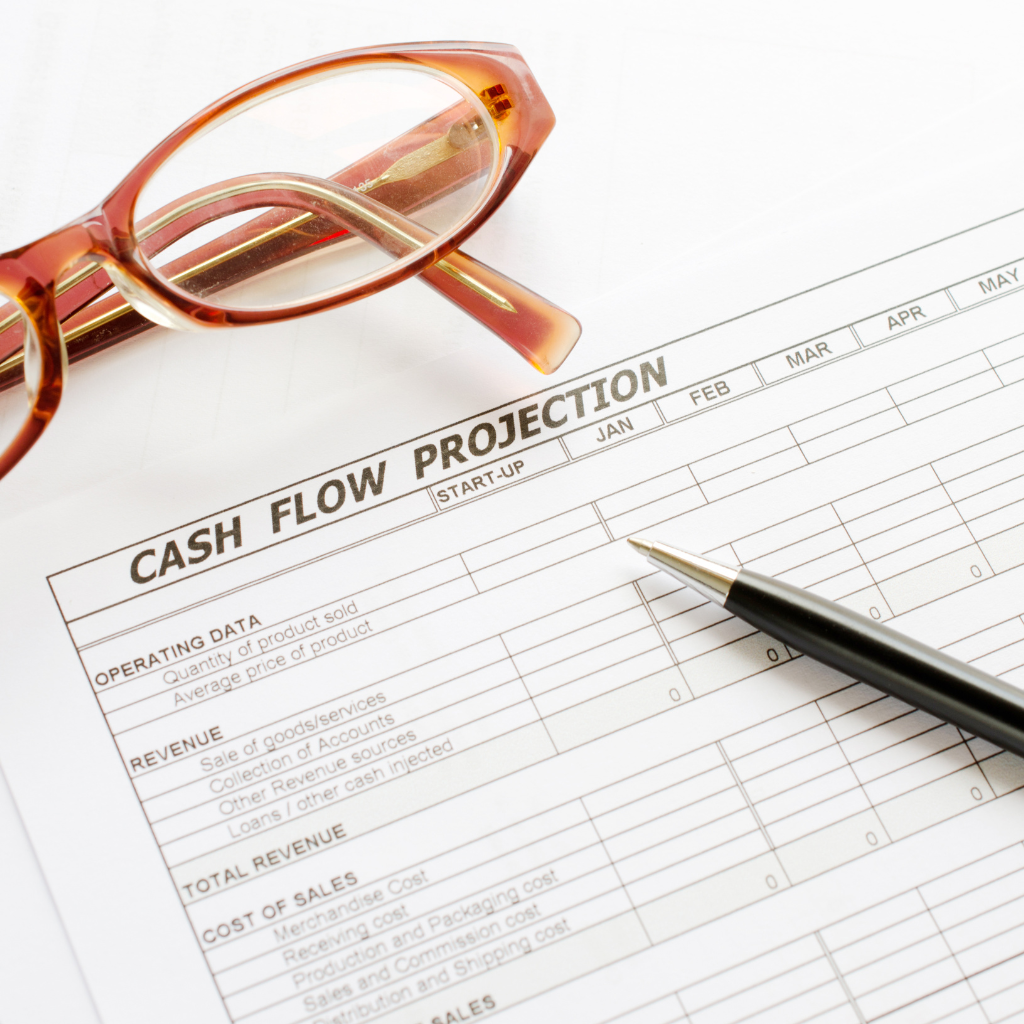There are certain assets that may be carried on your balance sheet at values higher than their market value or past their sell by date. If so, and if these amounts are written-off against your profits, you will pay less tax.
Three possibilities are sketched out below:
Stock
Businesses that accumulate stocks of goods do so in the expectation that the stock items will either be sold on at a profit or processed in some way and then sold at a profit. But, of course, this oversimplifies the conversion process.
However cautious or effective you are at manging your stock levels it is likely that from time to time you may be left with obsolete stock that will never be sold. The cost of these goods, rather than being charged to purchases in your profit statement, will boost the value of stock on your balance sheet.
Action: Sell the obsolete items in a sale or scrap them. In both cases write off any loss against your profits – and save tax – and free up valuable storage space for more productive activity.
Trade debtors
Ask your bookkeeper to provide you with a detailed list of customers that are never likely to pay-up and consider writing off the amounts owed as bad debts. Again, amounts written-off specific debts will reduce your tax.
There may also be an opportunity to reclaim any VAT you may have paid to HMRC on the debts written-off unless you are using one of the VAT special schemes that incorporates calculations made on a cash basis.
Equipment
It is worth reviewing your fixed assets register to consider old plant or other equipment that may no longer take a productive part in your business. As with our suggestions regarding stock above, selling or scrapping these assets may produce a tax loss; although the tax consequences are more difficult to judge.
For example, if the original cost of the redundant item was fully written-off for tax purposes when the assets was first purchased – 100% allowances have been available for some time now – then any funds realised would actually increase your tax bill. Only when the tax written-down value of the asset is higher than the scrap value will a reduction in tax be achieved.
If you are in the run-down to your business trading year end we recommend that you take a hard look at these and other issues in order to undertake a thorough review of your business trading and financial position. Please call our office if you would like our help to do this.









